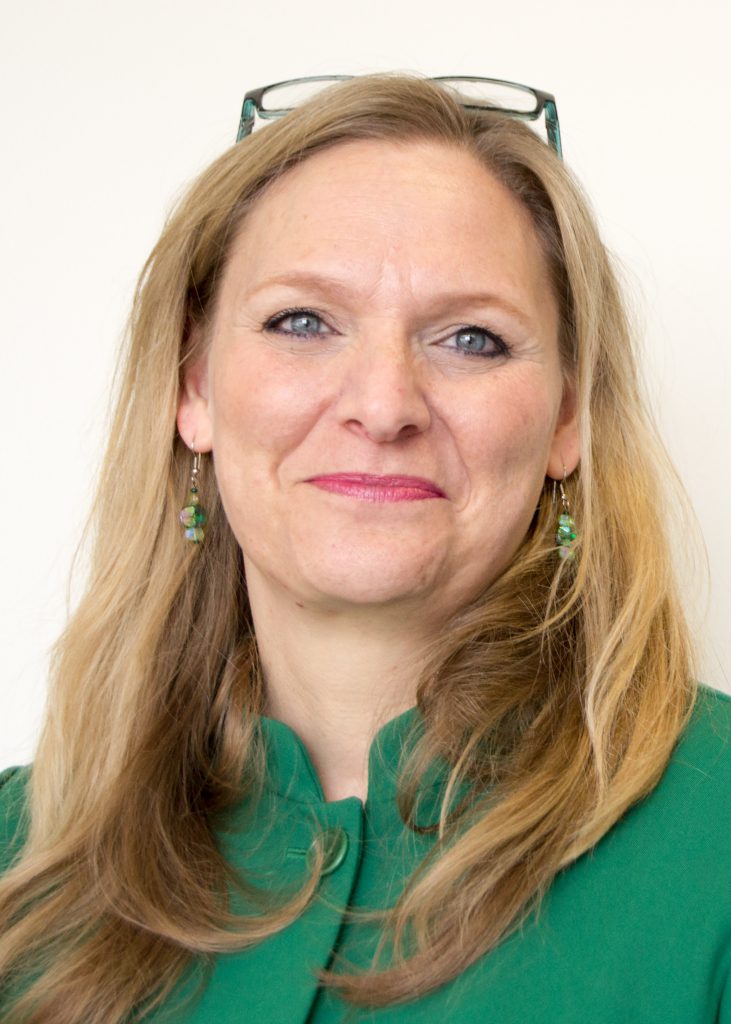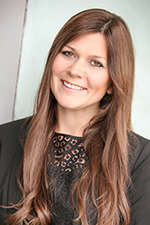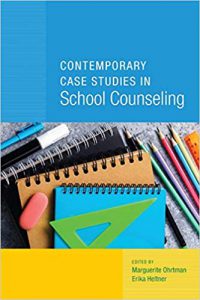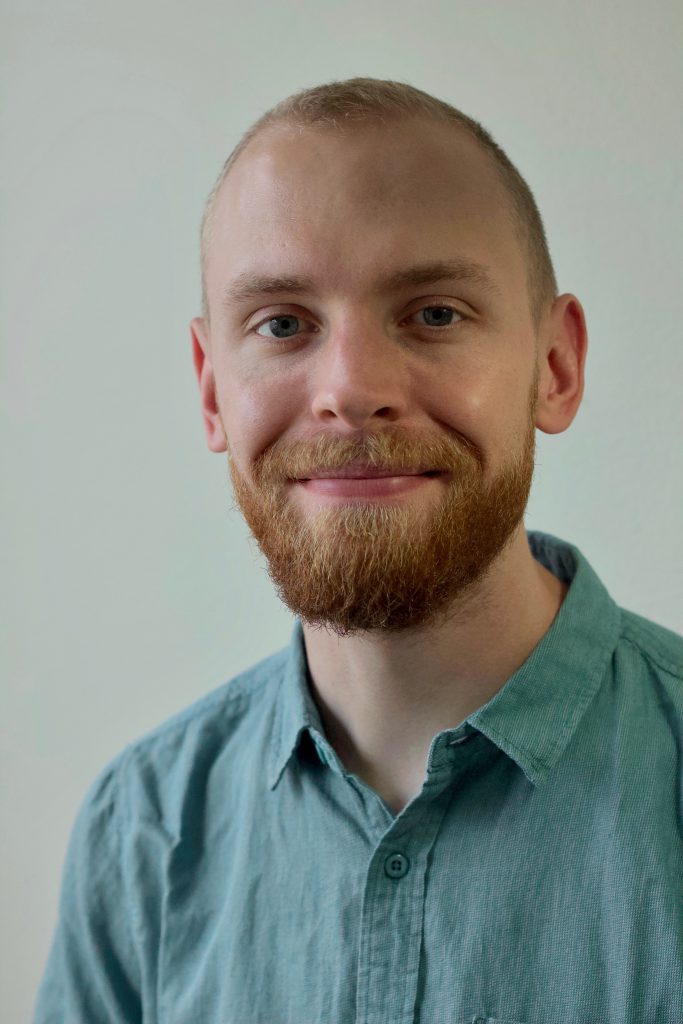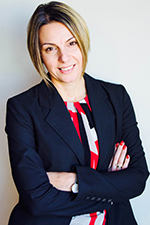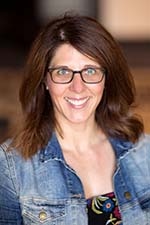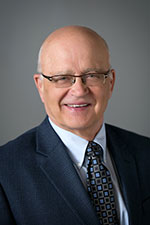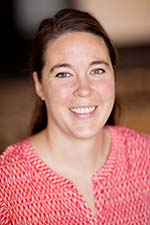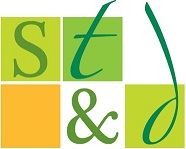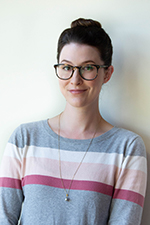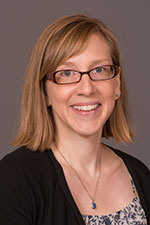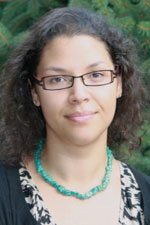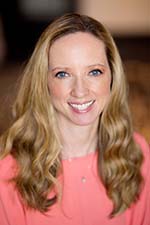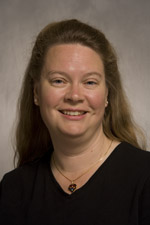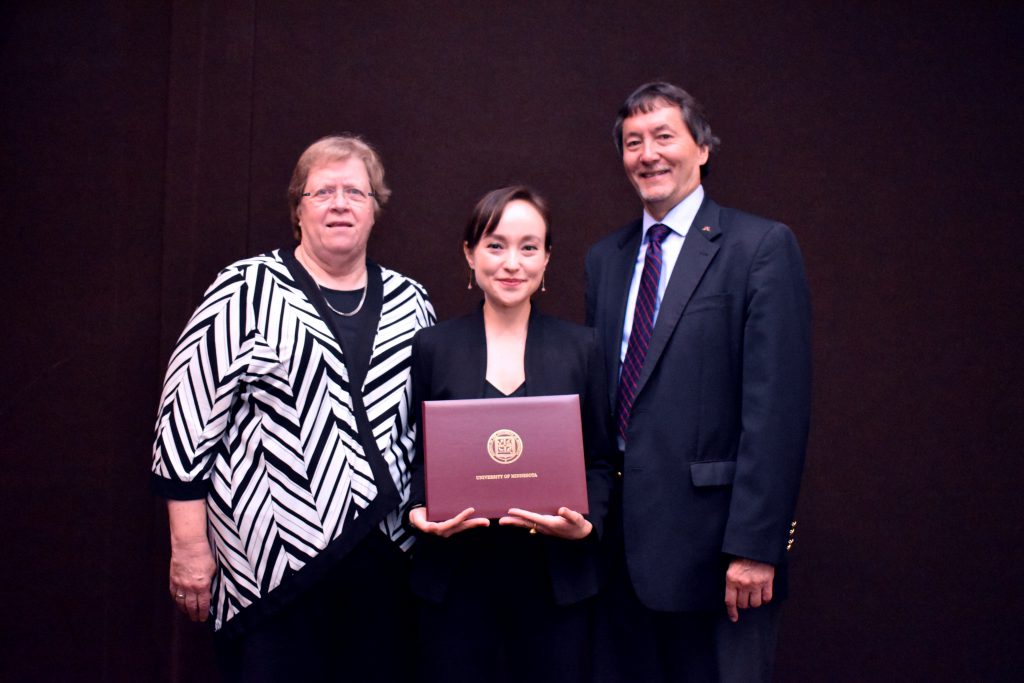Summer is winding down and — for many new kindergartners and their parents — first-time school anxiety may be starting to set in. Parents might wonder if their kid will make new friends, like their teacher or learn to read.
Annie Hansen-Burke, Ph.D., a senior lecturer in the College of Education and Human Development, addresses questions many parents have about helping their kids get through that critical first year of school.
Q: What are some of the most common concerns you hear from parents of new kindergarteners?
Dr. Hansen-Burke: For many parents this is the first time they’re sending their children into the hands of another caregiver, so the question of whether they can trust the school to care for their kindergartener is a big one. In other cases, there’s the worry of whether their child is ready for the full day of academic work and how they will adjust to a new setting.
Q: How should parents prepare themselves for the transition to having a school age child?
Dr. Hansen-Burke: First, it’s important to acknowledge that this is a normative transition that families go through. While transitions are a normal part of life, they often bring challenges. As a parent of recent kindergarten graduates, I can testify to the fact that this milestone can be emotional and requires some adjustment. Planning for the logistics of the school year can help to settle parents’ nerves.
Once you know how your child will get to and from school, set up any before and after school care they may need. Learning about school calendars and supplies may make you feel more comfortable with the transition. Also, keep in mind that parents are important models for children. Communicating that school is a positive, important part of your child’s life will help to ease your child’s transition and connection to school as well.
It can be reassuring to remember that — although you may only go through this transition once or a few times — your child’s teacher has likely navigated the kindergarten transition many times and knows how to support their new students.
Q: How can parents prepare their kids to have a smooth first day?
Dr. Hansen-Burke: Similar to parents’ own preparation, it will help kids to know what to expect. If you are able to attend a meet-the-teacher night, your child will have a chance to see their new classroom and meet classmates for the first time. Visiting the school will help to make it a familiar place that will be more comfortable for both of you. Going over the routine with your child can also help. This may take the form of talking with your child about how they’ll get to school, when you will reunite with them at the end of the day and what kinds of things they’ll learn about.
As many of us experience, summer time pushes back bedtime and disrupts our routines, so re-establishing earlier bedtimes and daily routines a week or so before school can help your child (and you!) get into the routine of the school year. A publication by the National Association of School Psychologists on this topic also recommends clearing your schedule from extra commitments during the first week, so that you have the time and energy to support your child’s transitions.
Q: How can parents support kindergarteners throughout their first year of school?
Dr. Hansen-Burke: Parents can support their kindergarteners by continuing to talk about school and learning at home, modeling and reinforcing that school is a positive part of their child’s life. In addition, maintaining stable routines — such as a family dinner — can help smooth out the bumps that transition may introduce to your family life.
You may look for opportunities to be involved in your child’s school or learning, but keep in mind that parent involvement can take many forms. You may have the interest and time to volunteer in the classroom or join a committee, but that is not the only way to stay connected. You can also be involved by talking about what they learned at school, reading aloud with them and asking questions about their day. It is most likely that this will be a relatively smooth and successful start to your child’s school experience. However, if you have concerns about your child’s adjustment or progress, remember that there are professionals at school who can help. This includes your child’s teacher, school psychologists, school counselors and school social workers.
Q: How is the University of Minnesota training school psychologists to help kids and parents in Minnesota cope with school-related anxiety?
Dr. Hansen-Burke: Our school psychology students have the opportunity to learn about school-wide practices that support positive social-emotional development and mental health in the classroom and in our partner schools across the state. They take a course on social, emotional and behavioral interventions, learn how to engage with families, and have the opportunity to work and train in the field to see how schools support students. We encourage our students, many of whom become school psychologists in the state of Minnesota, to use resources such as the National Association of School Psychologists (NASP). It provides a variety of resources on topics such as back-to-school transitions. Finally, we have faculty right here in the state of Minnesota who conduct research to understand how schools can better support students with anxiety and other mental health issues.
Annie Hansen-Burke, Ph.D., is a senior lecturer in the College of Education and Human Development at the University of Minnesota. Dr. Hansen-Burke works in the Department of Educational Psychology’s school psychology program where she trains future school psychologists to work with teachers, parents and other school staff. Her goal: to ensure school psychology students have the skills they need to help all students succeed in their academic, social, emotional and behavioral lives.
###
About “Talking…with U of M”
“Talking…with U of M” is a resource whereby University of Minnesota faculty answer questions on current and other topics of general interest. Feel free to republish this content. If would like to schedule an interview with the faculty member or have topics you’d like the University of Minnesota to explore for future “Talking…with U of M,” please contact University Public Relations at unews@umn.edu.


